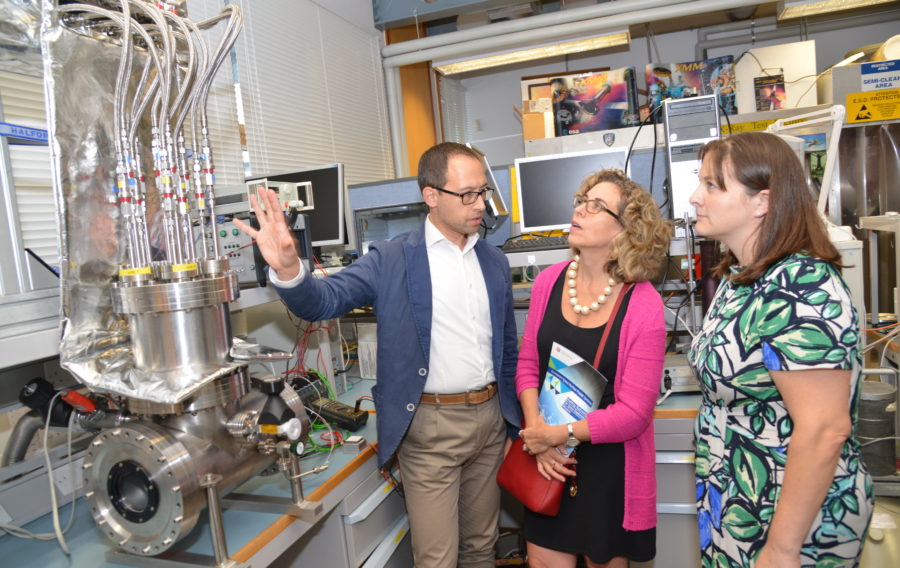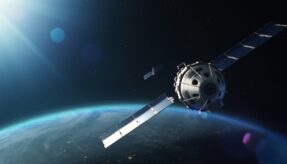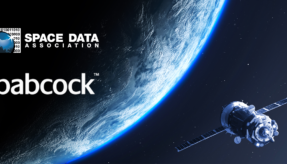
The UK Space Agency has announced funding to help develop Earth observation satellite technologies and opened an online portal for satellite data.
In September the agency unveiled new support to help the UK space and satellite technology sector maintain its leading position in Earth observation and help tackle global issues such as deforestation and disaster monitoring. This support includes a new £2 million joint programme for UK companies and academia to develop innovative technologies to observe Earth from space. A new online portal will also provide businesses and academics with access to real-time high-quality satellite data to help them monitor changes in the planet.
Working together with the University of Leicester, Airbus Defence and Space UK and RAL Space, the funding from the UK Space Agency will support UK companies and academia to develop their technologies and help them gain access to a government funding pot of £10 million to take their ideas to the next level.
The launch of the Sentinel Data Access Service (SEDAS) web portal will allow anyone in the UK to access 30 days of high-quality satellite data through the Copernicus Programme. Funded by the UK Space Agency in partnership with the Satellite Applications Catapult, this improved data access will help drive growth in the UK, maximising the industrial and scientific benefit of observations of Earth from orbit.
Jo Johnson, Minister for Universities, Science, Research and Innovation, said: “The UK is already a world leader in satellite technology and Earth observation and this investment will help us keep the competitive edge in the design, development and build of instruments on future spacecraft.
“The data portal will also help a wide range of businesses and academics track changes to Earth’s landscape so we can learn how to deal with coastal erosion, prepare for natural disasters like earthquakes and monitor crop harvests to improve food security around the world.”
Photo caption: © Katherine Courtney
If you would like to join our community and read more articles like this then please click here
Airbus Defence and Space UK Copernicus Programme Jo Johnson Minister for Universities Science Research and Innovation RAL Space satellite satellite technology SEDAS Space UK Space Agency University of Leicester








